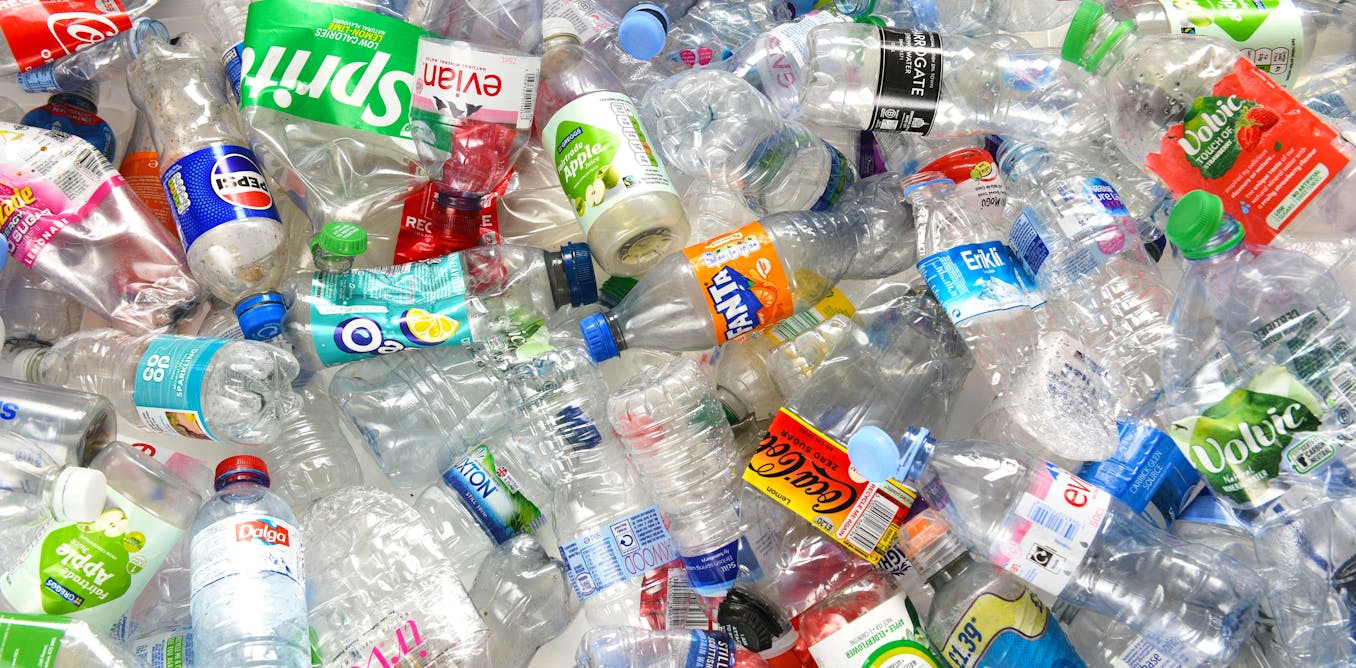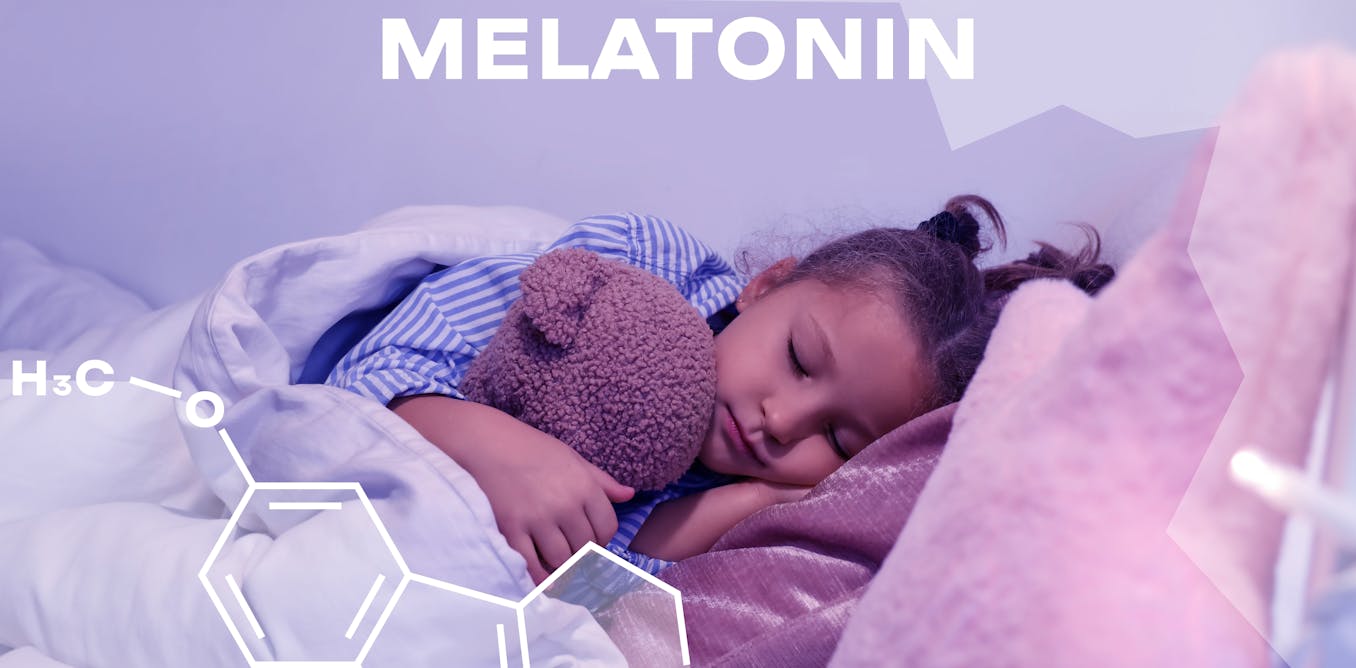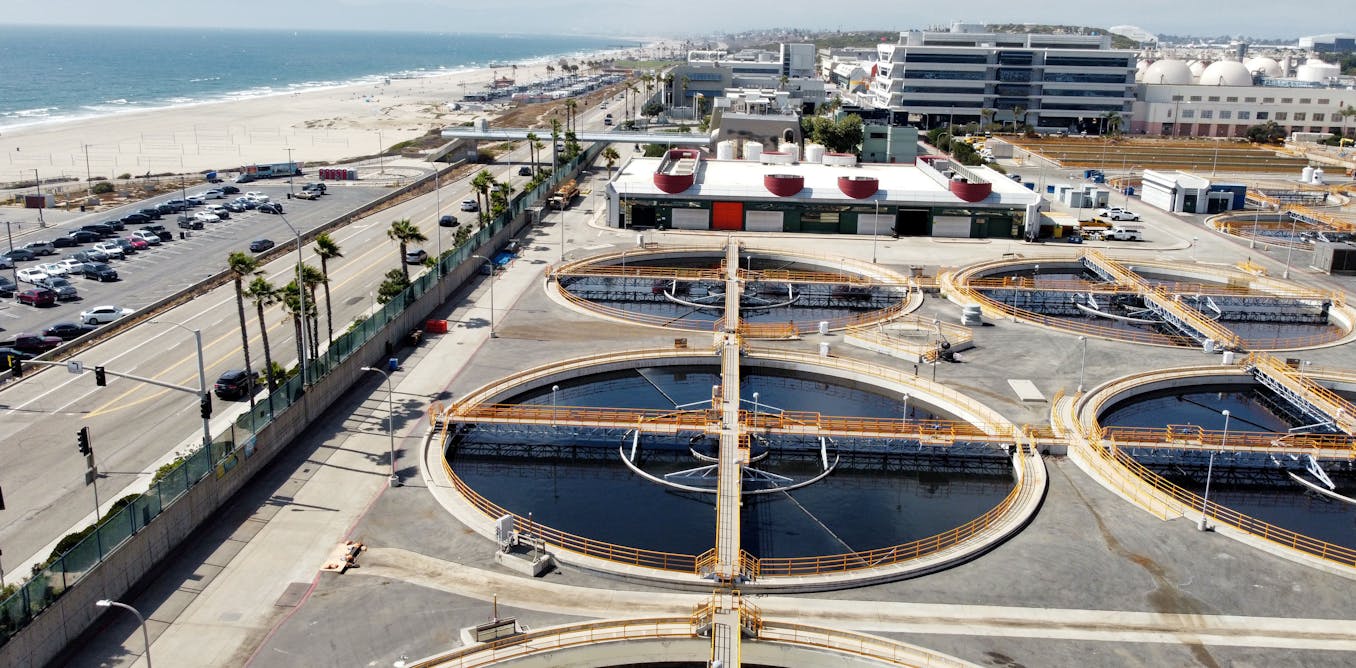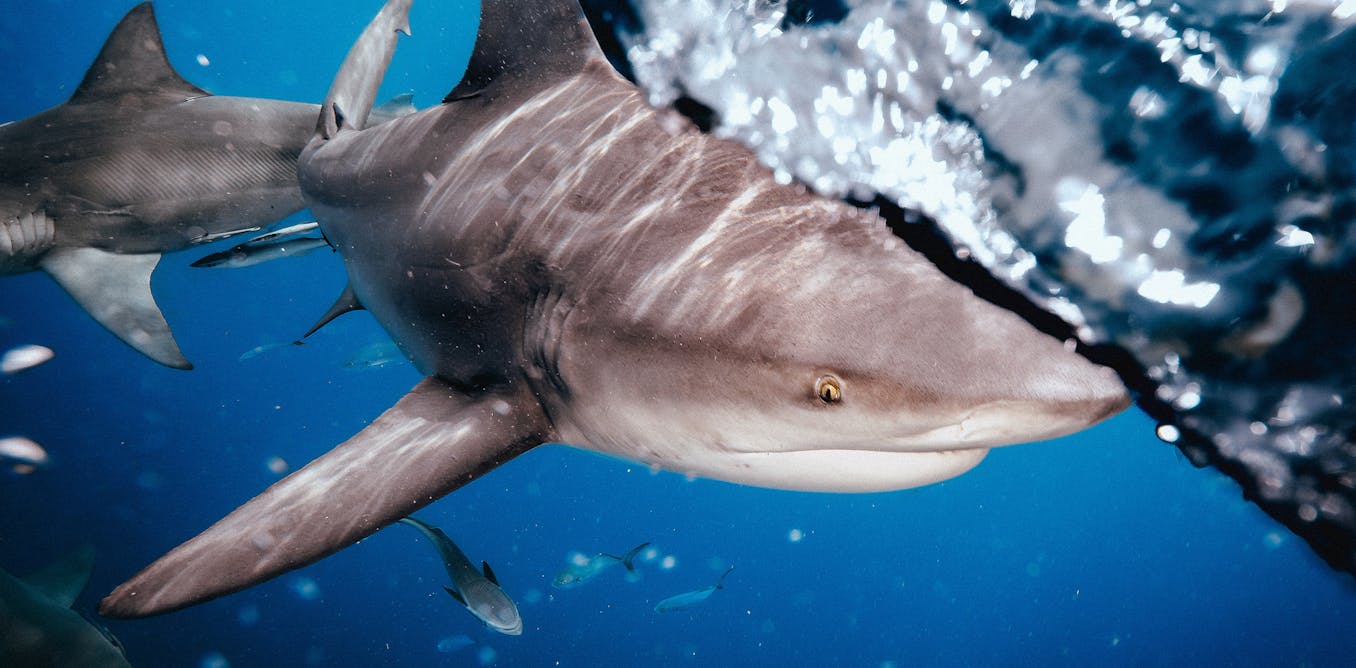For years, proponents of deep sea mining have eyed small metallic lumps that line much of the ocean floor. These polymetallic nodules are rich in manganese, nickel, and cobalt, all used in lithium-ion batteries. But new research shows the nodules might already be a kind of battery—one that might be playing an important role in the deep-sea ecosystem.
A group of scientists have detected increasing levels of oxygen on the seafloor where the nodules are present. Without any sunlight to allow for photosynthesis, something else had to be creating this “dark oxygen.” The scientists published their findings 22 July in Nature Geoscience.
Andrew K. Sweetman of the Scottish Association for Marine Science hypothesized that the nodules themselves were producing an electric current that split oxygen off from ocean water. Calling it the “geo-battery” hypothesis, the researchers said the findings raise urgent questions about the impact of deep-sea mining on these little-understood ecosystems.
The research adds to conservation concerns some scientists say must be investigated before mining companies scale up collection of polymetallic nodules. At the same time, demand for the metals is expected to increase with the wider adoption of battery-powered electric vehicles. Proponents of nodule collection say the impact of land-based mining is worse, with well-documented human rights abuses, habitat destruction, and pollution. Additionally, the potential harm of removing the nodules must be balanced with the urgency of eliminating fossil fuels to avoid the worst effects of climate change.
“Is it really wise to push quickly with this major industrial activity in one of the most pristine and biodiverse habitats in the ocean?” —Craig Smith, UH at Manoa
So it might come as a surprise that this latest research was largely funded by The Metals Company, a deep-sea mining firm poised to start large-scale operations. Working in the Clarion-Clipperton Zone, a vast swath of the Pacific Ocean’s floor, the company conducted a pilot of its mining technology in 2022. Earlier this year, it announced it had produced its first cobalt sulfate from the briquette-sized deposits.
In a statement, The Metals Company questioned the study’s results and claimed that Nature Geoscience is biased against deep sea mining. The company said it will produce a “comprehensive rebuttal” to correct the scientific record.
“The methodology and findings raise concerns about the validity of their data and conclusions,” the company said.
How researchers recorded oxygen production on the seafloor
Sweetman and his team used testing compartments called benthic chambers to isolate the water around a small area of the seafloor and measure oxygen rates. Marine scientists record oxygen levels to evaluate how active life forms are. Ocean fauna would typically consume oxygen in a benthic chamber, leading it to decrease over time.
“We consistently found that more O2 was accumulating in the…
Read full article: Dark Oxygen Spells Trouble for Deep Sea Mining

The post “Dark Oxygen Spells Trouble for Deep Sea Mining” by Laura Hautala was published on 08/14/2024 by spectrum.ieee.org





































Leave a Reply